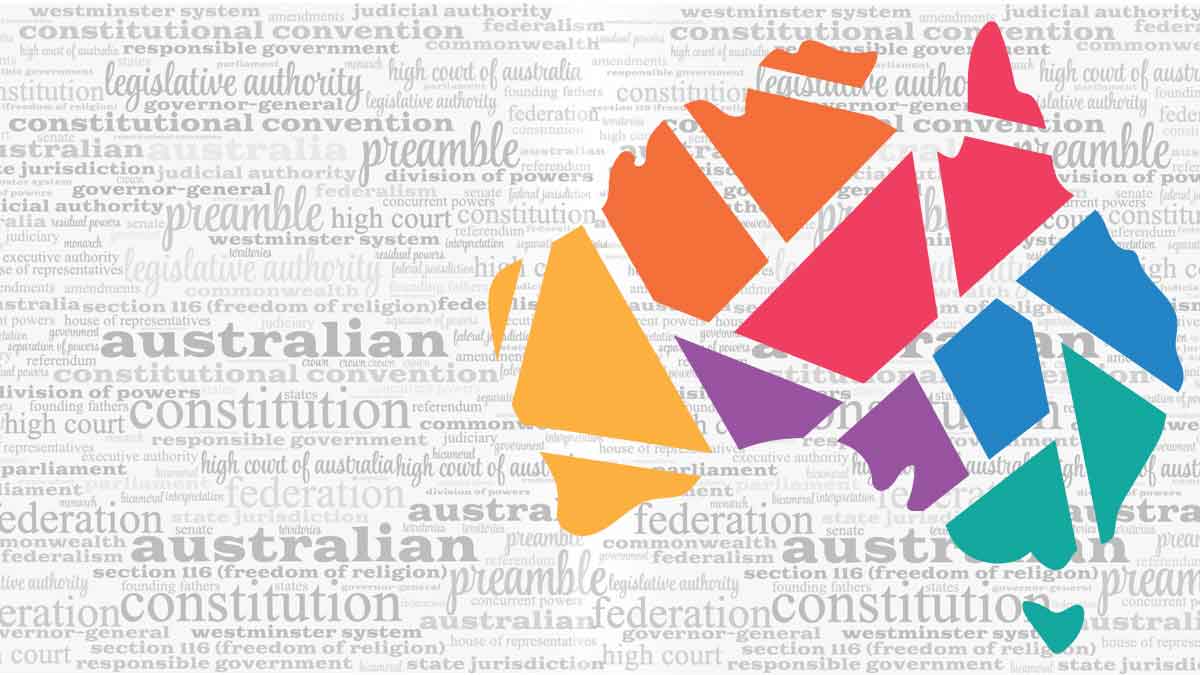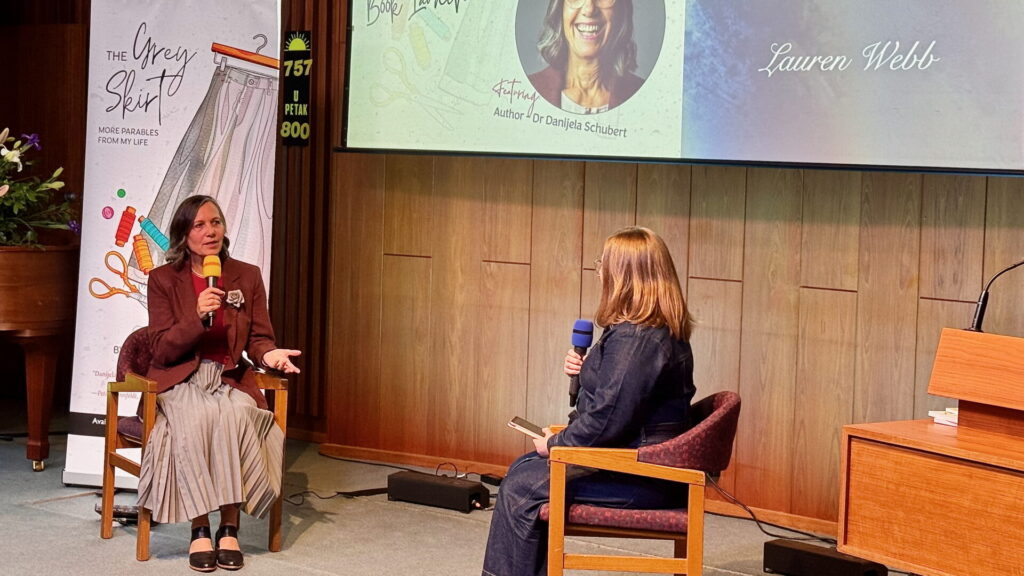In 1897—at the same time as first turning their attention to mission to Australia’s Indigenous peoples—the Seventh-day Adventist Church had fewer than 2000 members across Australia. As small as it was, the Church was involved in the conventions that were developing a constitution for Australia to become an independent nation. Faced with laws that forbade work on Sundays and a campaign by the Council of Churches to affirm faith in God in the draft constitution, Adventists organised and delivered a series of petitions to the Federal Convention. They held public meetings and used the Church’s magazines to build their campaign, eventually collecting more than 7000 signatures.
The Adventist campaign urged that the constitution should be a secular document, without reference to God. Based on Adventist experiences of religious laws in New South Wales and the United States, they feared that any religious elements in the constitution might be used as a basis for religion-based legislation or for interpreting the nation’s laws.
In one sense, the Adventist campaign was unsuccessful. The preamble to the Australian Constitution states that the new nation would be formed “humbly relying on the blessing of Almighty God”. However, the Adventists’ campaign made a more substantial contribution: section 116 of the Constitution disallows laws that establish or impose religion, or prohibit freedom of religion. “The Seventh-day Adventists’ role
. . . is important because without their religiously motivated response to the Protestant campaign for constitutional recognition of God the question of a provision limiting the Federal Parliament’s power to make laws on the subject of religion would never have arisen for consideration by the public or the National Australasian Convention.”1
Arguing and campaigning strongly for protection of religious freedom, Adventists played a significant role in shaping the Australian Constitution because of what we believe theologically about human freedoms, rights and justice. While urging that religion and churches should not have a privileged position in Australian society, Adventists were motivated to campaign politically for what we believe and to safeguard the freedoms of all people.
It is remarkable that the small Adventist community had such an influence, but it was an important moment of opportunity. After the initial drafting process, changing the Australian Constitution has been difficult—as it should be. Historically, only eight of the 44 proposed changes have been approved by this referendum process.
One of the recurring themes of these referendums has been the recognition of Australia’s Indigenous peoples. In 1901, the Australian Constitution had only two references to “Aboriginals”—both negative. The first excluded the federal government from making laws about Indigenous peoples; the second was a political agreement between the states that “Aboriginal natives” would not be counted for “constitutional purposes” such as elections and apportionment of revenue.
This meant that the “care and protection” of Indigenous peoples was left to state governments. In the early part of the 20th century, the common expectation was that the role of these “protection” regimes, including the missions, was to “smooth the pillow of a dying race”. It was assumed that, in modern Australia, Indigenous peoples would be assimilated or would die out—and various government policies sought to facilitate these processes.
Yet, many Australians have worked and campaigned for better relationships with our Indigenous peoples, including constitutional recognition. In 1967, the two constitutional limitations on the federal government’s interaction with and inclusion of Indigenous peoples were removed by the most successful referendum in Australia’s history, with almost 91 per cent approval and majority support in all six states.
In 1999, largely lost amid the referendum on an Australian republic, Prime Minister John Howard unsuccessfully proposed a new preamble to the constitution that included a statement “honouring Aborigines and Torres Strait Islanders, the nation’s first people, for their deep kinship with their lands and for their ancient and continuing cultures which enrich the life of our country”.
The effect of these successful and unsuccessful amendments to the Australian Constitution is that this founding document is silent in relation to our Indigenous peoples. Their formal constitutional recognition is seen by many Australians as an unfinished task that stretches back to the original constitutional conventions of the 1890s. Like our contribution to those constitutional debates, perhaps Adventists could play a positive role in shaping this national work of reconciliation, based on our theological values including justice, compassion and respect.
1. Luke Beck, “The Theological Underpinnings of Australia’s Constitutional Separation of Church and State Provision,” Australian Journal of Politics and History, 64:1 (2018), page 17.
Nathan Brown is the book editor at Signs Publishing, Warburton, Victoria. Currently studying a Masters of Human Rights.






